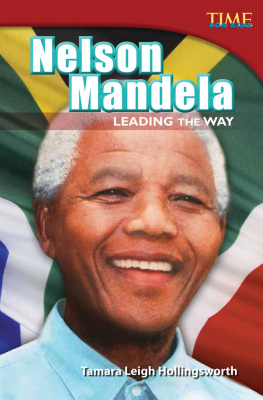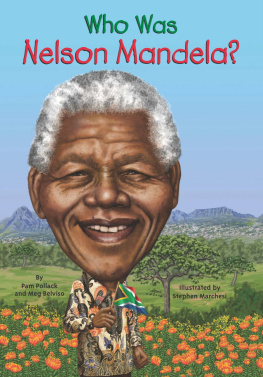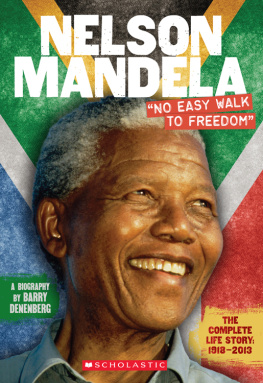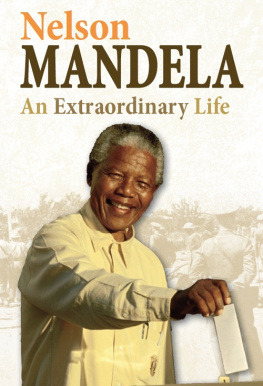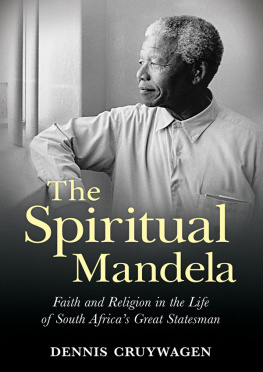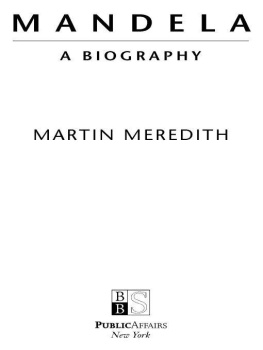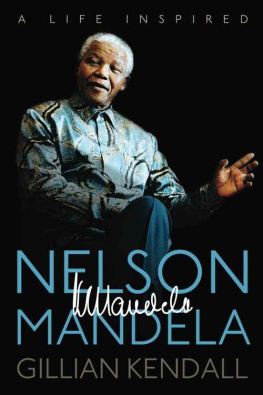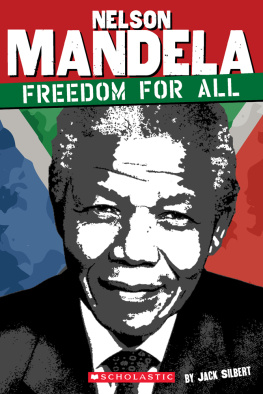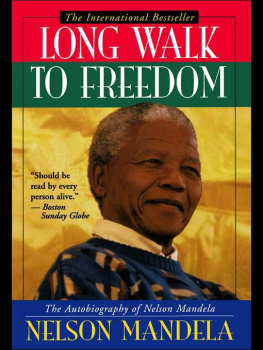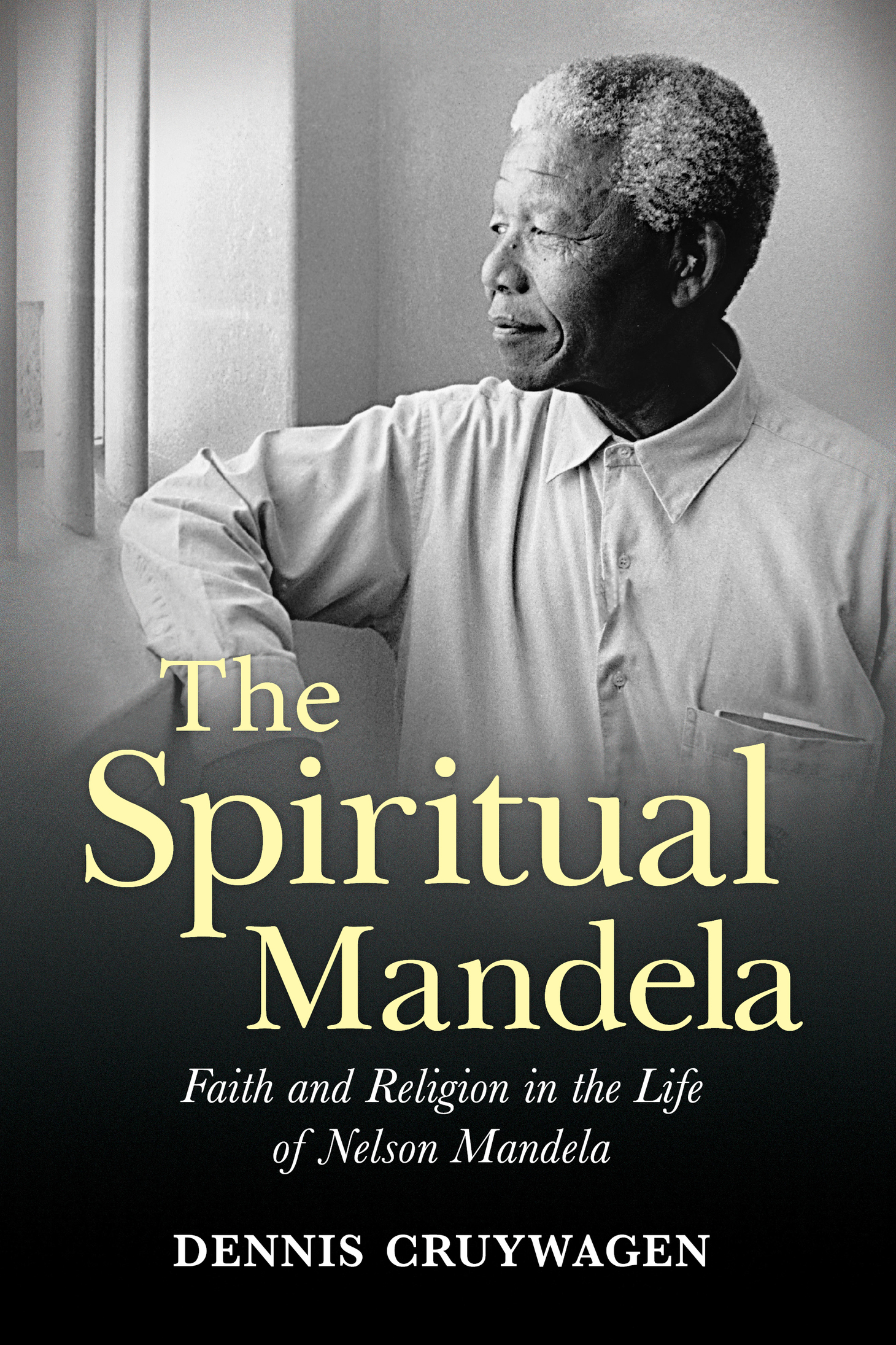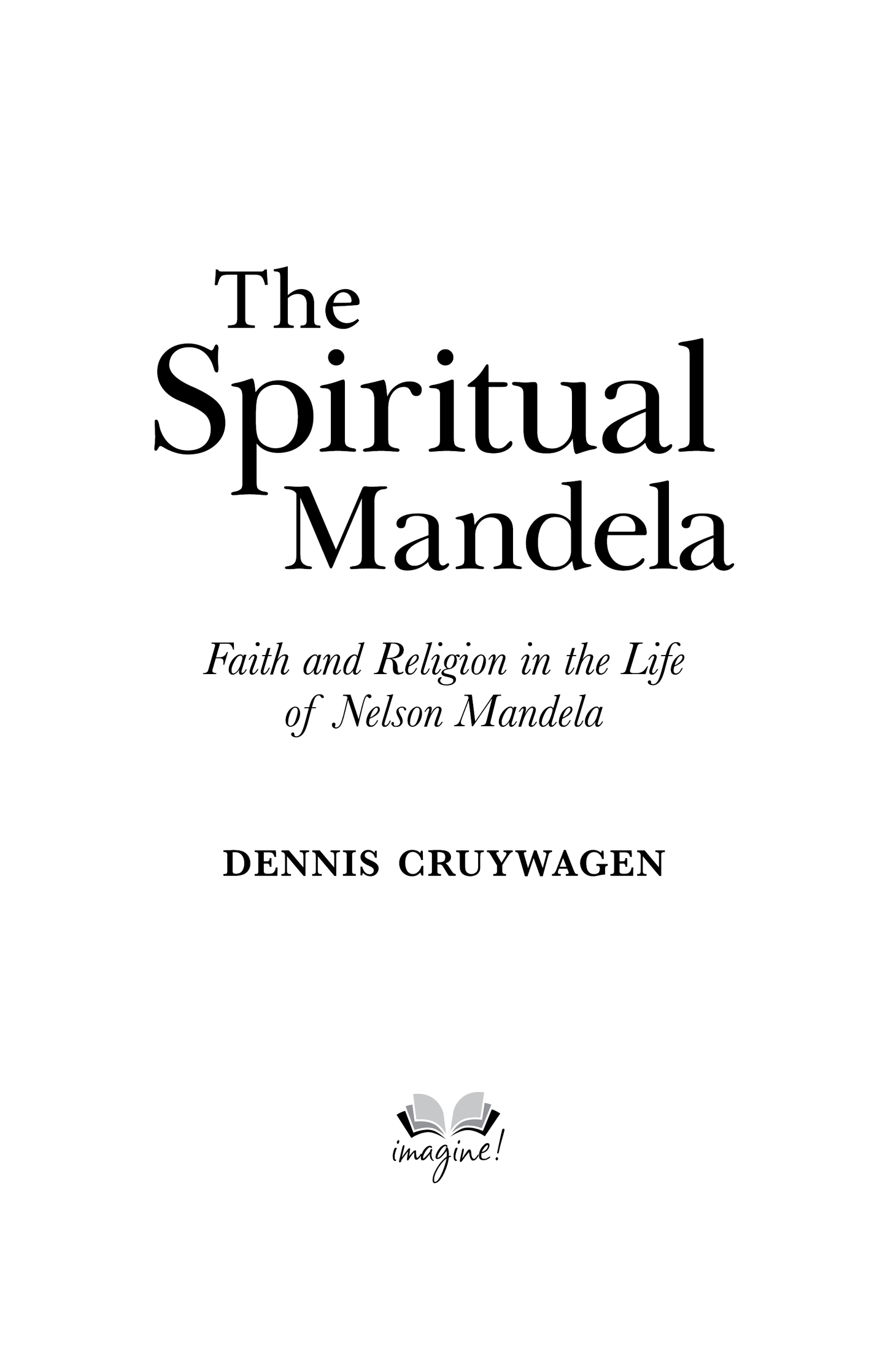Originally published in South Africa by Penguin Random House, Cape Town. This edition by arrangement with VAN AGGELEN African Literary Agency.
All rights reserved, including the right of reproduction in whole or in part in any form. Charlesbridge and colophon are registered trademarks of Charlesbridge Publishing Inc.
At the time of publication, all URLs printed in this book were accurate and active. Charlesbridge and the author are not responsible for the content or accessibility of any website.
Library of Congress Cataloging-in-Publication Data Available.
Acknowledgments
Writing a book of this nature has required me to travel to different parts of South Africa, and the support I received from friends and family who assisted me with accommodation and getting around in strange, unfamiliar places was essential in this regard. My sincere gratitude goes to Monty and Antoinetta Breytenbach, Magda Greyling, Justice and Carol Hofmeyr, Ruben Louw and Fred van der Linde.
For support, cajoling and pep talks, thank you to Professor Henry Bredekamp, my siblings Bennie, Roy, Vincent, Colin, Cheryl and Andre, and my sister-in-law Lebo Cruywagen.
Also deepest thanks to John and Lynn Bowles, Liezil Cerf, Jan and the late Toekie de Necker, Asa Kamalie-Fernold, Nicki Fourie, Sam Henkeman, Linda Jacobs, Ayjay and Maggie Jantjies, Anchen Knoblauch, Obie Labuschagne, the Manthatha family, Sharon May, Segun and Rachel Olipekun, Judith Roberts, Lionel and Rose Roode, Hannelie Smit, Maimie Steenkamp, Ted Thorpe, Siobhan Tregoning, Siviwe Tukwayo, Ina van Staden, Marietjie van Zyl, that ebullient raconteur and journalist Paul Vecchiatto, the indomitable Johanna Viljoen, and Ricardo Wessels.
To Colleen Sables (ne Brink), who I have known since primary school when we used to play our own version of football in Heideveld: thank you for the years of support and encouragement.
Im also grateful to Verne Harris and Sahm Venter of the Nelson Mandela Foundation for often pointing me in the right direction during my research, and to Natalie Skomolo and her colleagues at the National Archives for being so helpful and accommodating.
At Penguin Random House, thank you to Robert Plummer and Marlene Fryer for believing in this book from the start, and for your faith, patience and confidence. Genevieve Adams added finesse during the editing of this book, which greatly improved it.
Thank you as well to the numerous individuals who I interviewed for this book. Your willingness to allow me to take a glimpse into your chest of memories and hear your precious stories was a gift.
Special thanks to the loyal Louise Korentajer, to my friend, comrade and sister Ayesha Ismail, and to Patricia de Lille. Most of all, thank you to Lianda.
DENNIS CRUYWAGEN
AUGUST 2016
Introduction
T HE LIFE OF Nelson Mandela has been studied in almost exhaustive detail. Countless books, articles, television documentaries, films, websites and school essays have attempted to understand how a boy from rural Transkei in the Eastern Cape could grow up to become the first black president of democratic South Africa. Many accounts rightly attribute Mandelas achievements to the extraordinary amount of courage and perseverance he displayed throughout the years he fought in the struggle against apartheid, and during the long and isolating years of his imprisonment. However, there was also another side to Mandela, one that is rarely referenced in any narrative about his life, but which nevertheless played an integral role in shaping the man that he was to become. While he never revealed it publicly, and only rarely referred to it in private to individuals outside of his family and close circle of friends, Mandelas spirituality and the Methodist beliefs he adopted in childhood were inseparable aspects of his character, and went a long way towards informing his personal philosophy and some of his most important political decisions.
For obvious reasons, Mandelas political career dominates the majority of discussions about his life. Politics and his commitment to his political party, the African National Congress (ANC), consumed most of Mandelas existence before his imprisonment on Robben Island, and influenced the way other people thought of him or understood him. For many years, to both black and white South Africans, he was, before anything else, Nelson Mandela the political activist, the man who was prepared to give up his life in the fight for black South Africans freedom. The inherent righteousness of his cause, upon which depended the lives of millions of people, justified this intense devotion to politics and Mandelas reasoning for putting it first in his life, even if this meant that both his faith and his family suffered as a result. It also fostered a sense of pragmatism in him, which helped to propel his commitment to the armed struggle, even when other prominent members of the ANC, such as the organizations president, Albert Luthuli, voiced Christian concerns about using force to accelerate the resistance campaign.
Adding to the lack of awareness about Mandelas deep spiritual beliefs was his twenty-seven-year-long imprisonment after the life sentence he received in the Rivonia Trial. This was despite the fact that his religious beliefs would grow stronger in the eighteen years he spent on Robben Island, where he was, according to his own admission, quite religious. To many white South Africans at the time, however, the thought of even placing Mandelas name next to the word spiritual would have been a laughable or absurd notion.
Finally, there is the contribution, or lack thereof, that Mandela himself made towards the small body of knowledge that examines his religious beliefs. As mentioned before, Mandela was too preoccupied by political concerns during the struggle to place any special emphasis on his faith in directing the path he took towards obtaining racial equality, although he did see the value of utilizing church support in advocating the cause among its followers. After his release from prison in 1990, Mandela hardly ever spoke about his religious beliefs in public or to the media. In an interview with Charles Villa-Vicencio in the early 1990s, before he was elected president, Mandela, when asked about whether he considered himself a religious person, denied it: No, I am not particularly religious or spiritual. Lets say I am interested in all attempts to discover the meaning and purpose of life. Religion is an important part of this exercise.
While this statement could be taken as definitive proof of Mandelas religious outlook, it also contradicts the accounts of a number of people who got to know him while he was in prison and after his release, and who contend that he was indeed a deeply spiritual person whose faith formed the foundation of his policy of reconciliation after his election as president in 1994. Some of these witnesses include Mandelas personal chaplain, Methodist bishop Don Dabula, Anglican priest Harry Wiggett, who ministered to Mandela for three years while he was in Pollsmoor, and Mandelas grandson, Mandla Mandela.


